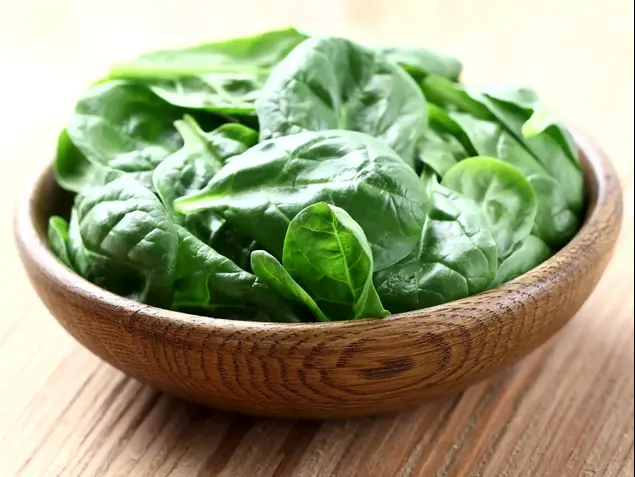Researchers in the U.S. found that eating carrots improves the quality of sperm , the sperm quantity and shape. What other vegetables you should consume to help infertility associated with a man ?
Well not only vision : A new study conducted at Harvard University in the United States examined the effect of various types of vegetables on male fertility , and found that the carrots had the greatest impact on quality.
The study was published recently in the journal Fertility and Sterility .
Previous studies indicated that in recent years there has been a drop in sperm count and quality in men in the Western world . That have been attributed to factors such as environmental pollutants , cellular radiation or hormone estrogen present in milk and meat. However, there was no definitive proof - cut the direct effect of any of them .
 In the current study 200 young college students from Rochester NY were asked to record their diet and consume a variety of fruits and vegetables. The researchers tested the sperm count and quality before and after dietary changes .
In the current study 200 young college students from Rochester NY were asked to record their diet and consume a variety of fruits and vegetables. The researchers tested the sperm count and quality before and after dietary changes .
The researchers found that those who consumed yellow and orange vegetables and fruits like yams and melon, had an improved in sperm count quality in general . the Greatest impact was the one of the carrots , which led to improve sperm quality and function by
6.5 % -8 % .
According to the researchers , the improvement in the components of semen in those who consumed carrots is the result of the carotenoids , which became substantial antioxidants in the body such as vitamin A, which keep the health of the sperm and neutralizes free radicals. Vitamin A is also found in broccoli , yams and oats.
Also lutein , carotenoid found in spinach and lettuce, was found to have a similar effect.
Red fruits and vegetables and especially potatoes , increase the production of sperm with normal configuration , thanks to the chemical lycopene. Tomatoes were found as those that adds 8 % to 10 % of healthy sperm , which may help in attempts to fertilization in couples with infertility.
" Carotenoids Resulted in improved sperm movement and shape ," the researchers concluded. "Changing to diet rich in carotenoids may have a positive effect on sperm quality and enhance the chances of conceiving in couples who were considered infertile ."
The study was published recently in the journal Fertility and Sterility .
Previous studies indicated that in recent years there has been a drop in sperm count and quality in men in the Western world . That have been attributed to factors such as environmental pollutants , cellular radiation or hormone estrogen present in milk and meat. However, there was no definitive proof - cut the direct effect of any of them .
 In the current study 200 young college students from Rochester NY were asked to record their diet and consume a variety of fruits and vegetables. The researchers tested the sperm count and quality before and after dietary changes .
In the current study 200 young college students from Rochester NY were asked to record their diet and consume a variety of fruits and vegetables. The researchers tested the sperm count and quality before and after dietary changes .The researchers found that those who consumed yellow and orange vegetables and fruits like yams and melon, had an improved in sperm count quality in general . the Greatest impact was the one of the carrots , which led to improve sperm quality and function by
6.5 % -8 % .
According to the researchers , the improvement in the components of semen in those who consumed carrots is the result of the carotenoids , which became substantial antioxidants in the body such as vitamin A, which keep the health of the sperm and neutralizes free radicals. Vitamin A is also found in broccoli , yams and oats.
Also lutein , carotenoid found in spinach and lettuce, was found to have a similar effect.
Red fruits and vegetables and especially potatoes , increase the production of sperm with normal configuration , thanks to the chemical lycopene. Tomatoes were found as those that adds 8 % to 10 % of healthy sperm , which may help in attempts to fertilization in couples with infertility.
" Carotenoids Resulted in improved sperm movement and shape ," the researchers concluded. "Changing to diet rich in carotenoids may have a positive effect on sperm quality and enhance the chances of conceiving in couples who were considered infertile ."



Comments
Post a Comment